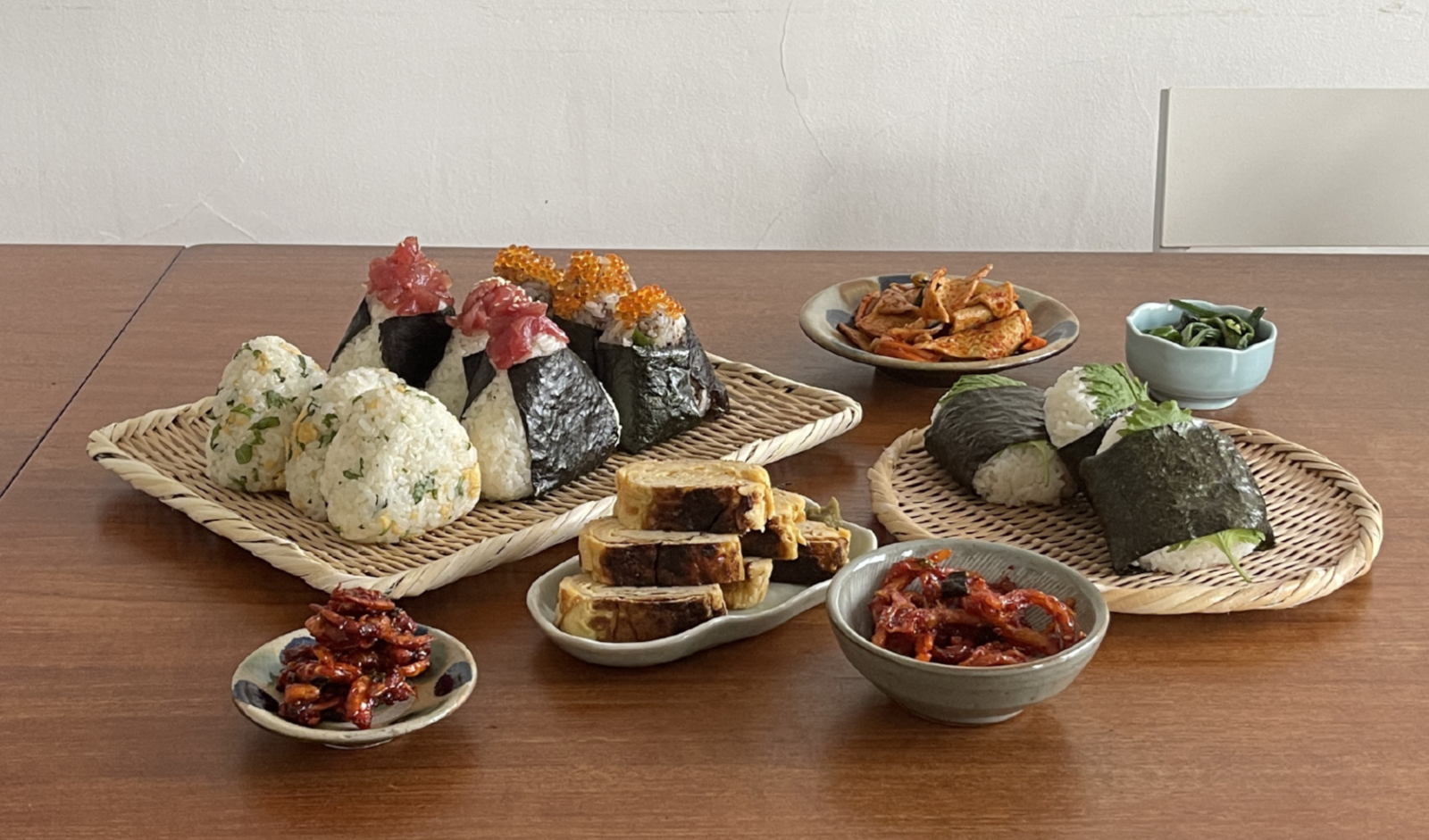
Studio Cookbook is back with its third edition of recipes for busy creatives. ‘What do you eat while you work?’ was the simple premise of the first volume, conceived in 2010 by Hato Press co-founder and creative director Kenjiro Kirton. Now, Hato has once again dived into its address book, and invited an array of practices, including photographers, designers and artists – from Ryan Gander to Faye Toogood and Nmbello Studio – to share their go-to recipes for days in the studio, where creative minds pause and come together for a quick bite to eat.
Studio Cookbook by Hato Press
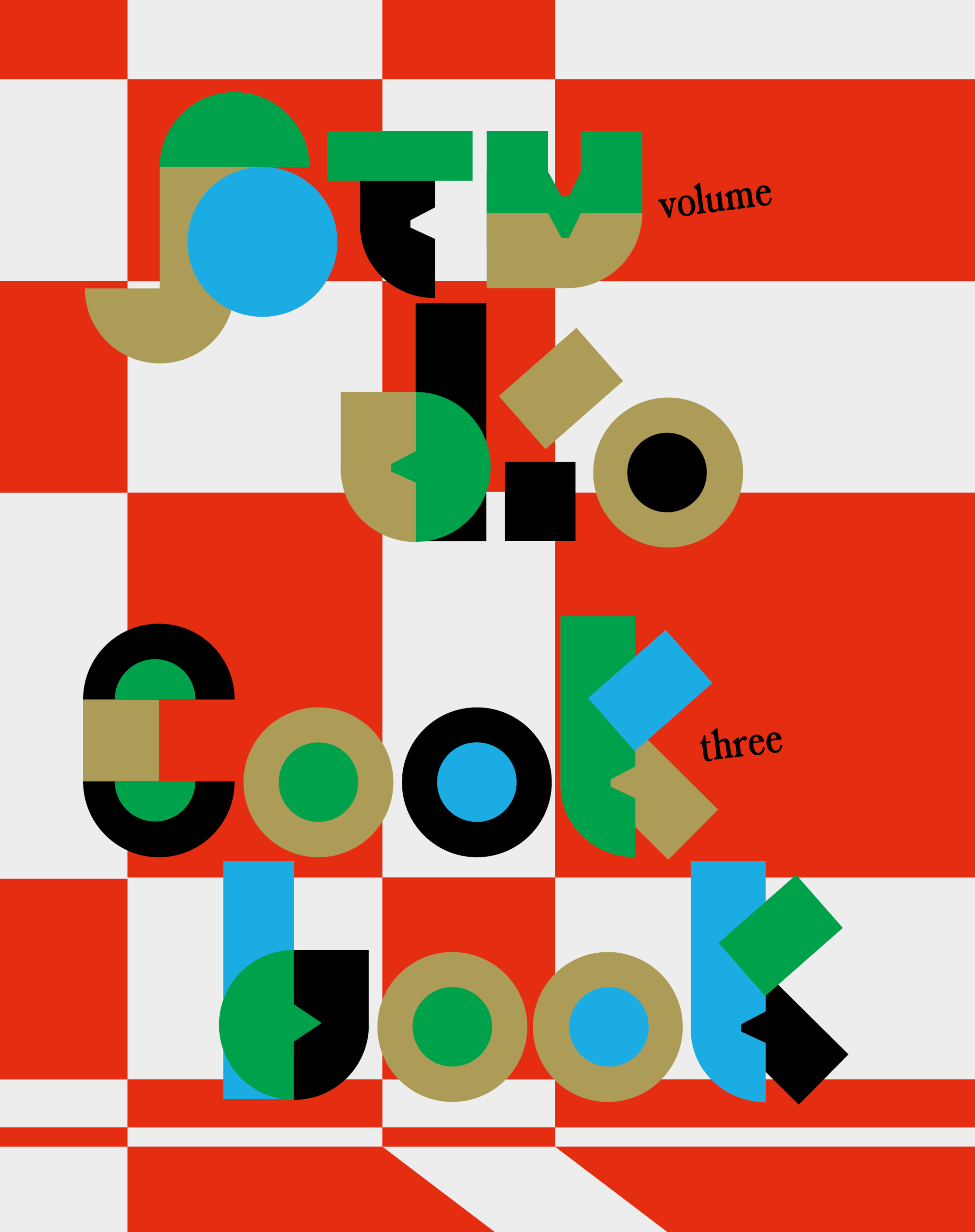
The newest edition of the Studio Cookbook showcases a collection of recipes that include ideas for leftovers, and moreish snacks, and champions the local bakery for soft bread that elevates those hearty sandwiches that just hit the spot.

Tuck into Ginger Passatelli in Brodo, a dish that sees Italian designer Martino Gamper wield a potato masher and a generous helping of parmigiana. Contemporary British studio Toogood recreates its iconic ‘Roly Poly’ chairs in marzipan for an afternoon sweet treat shared at its London HQ. Artist Ryan Gander takes the concept of pot luck quite literally with his mystery soup Yaminabe, or ‘dark hotpot’ – a dish to which each guest adds a surprise ingredient, before eating it blindfolded for ‘an amplified sensory experience’.
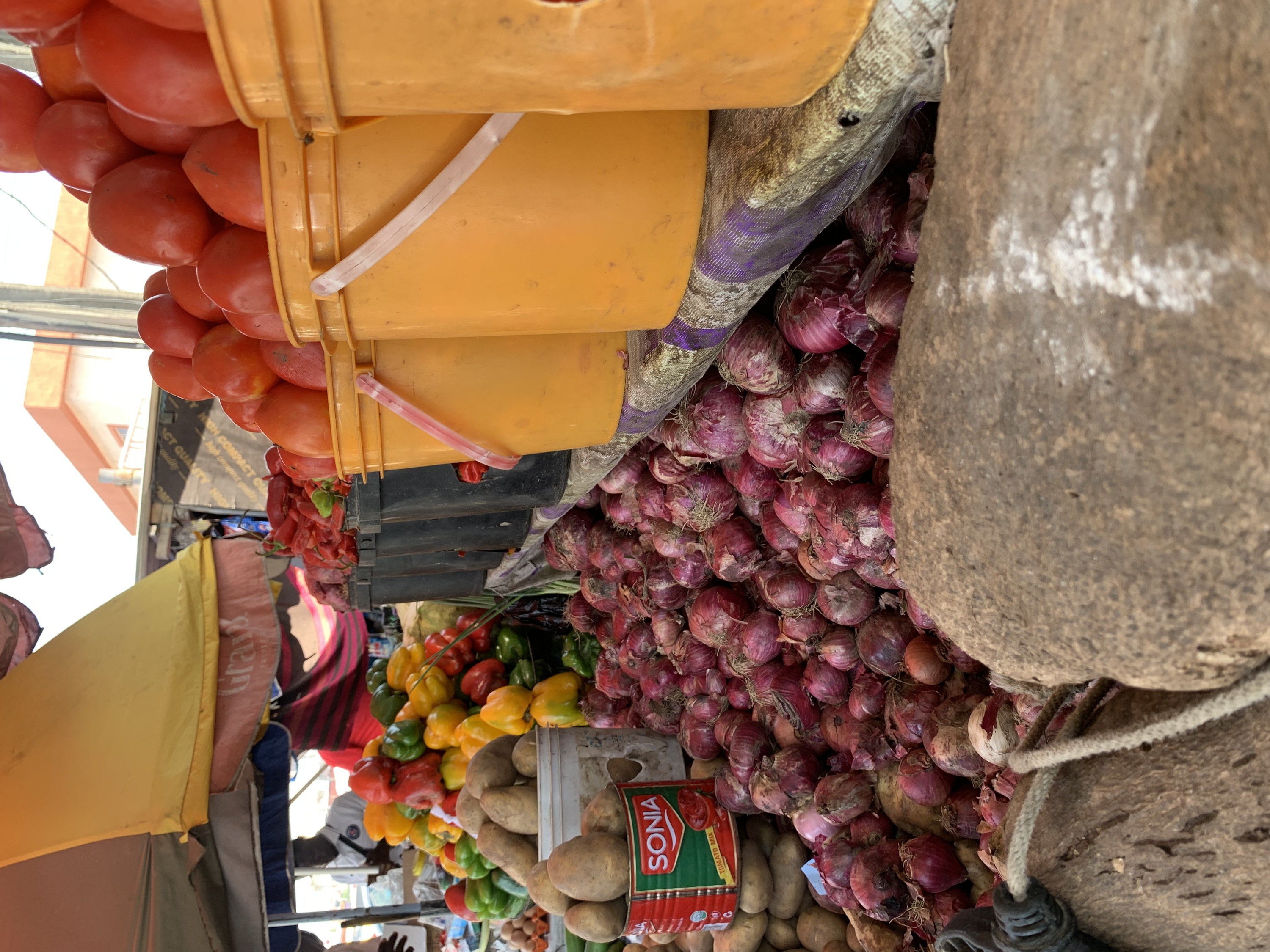
The average studio space, or even a home kitchen, may not be fully equipped with gourmet-style appliances. Noting this, the book seeks simplicity in using not much more than a microwave or a kettle, and even includes communal feasts prepared over an open fire in the countryside (one for those al fresco photo shoots, perhaps).
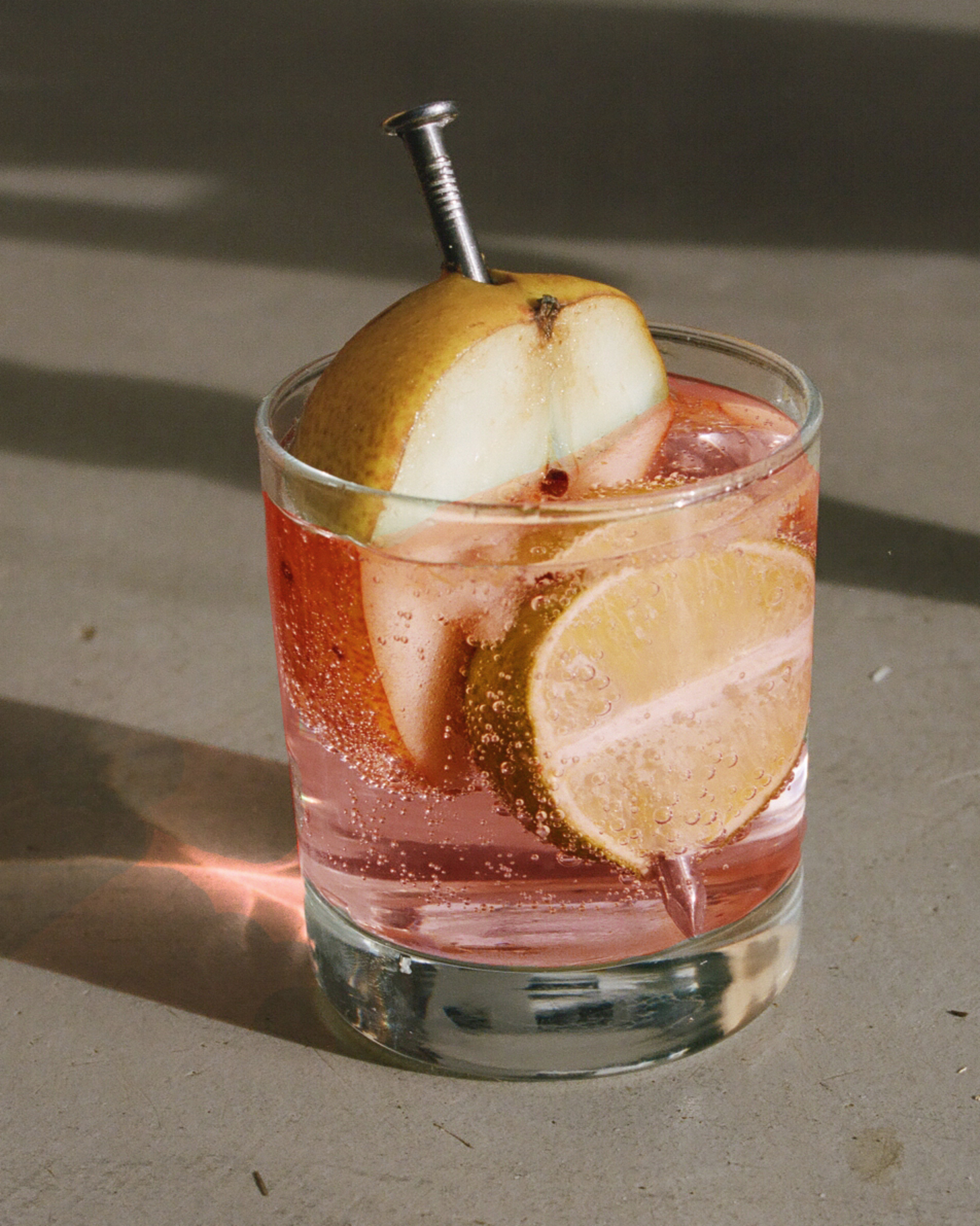
The recipes are quirky and fun, a reflection of the collaborators involved. They include meals designed to be taken with time and attentiveness, allowing for a pause in work. Others are quick, simple and easily scalable.
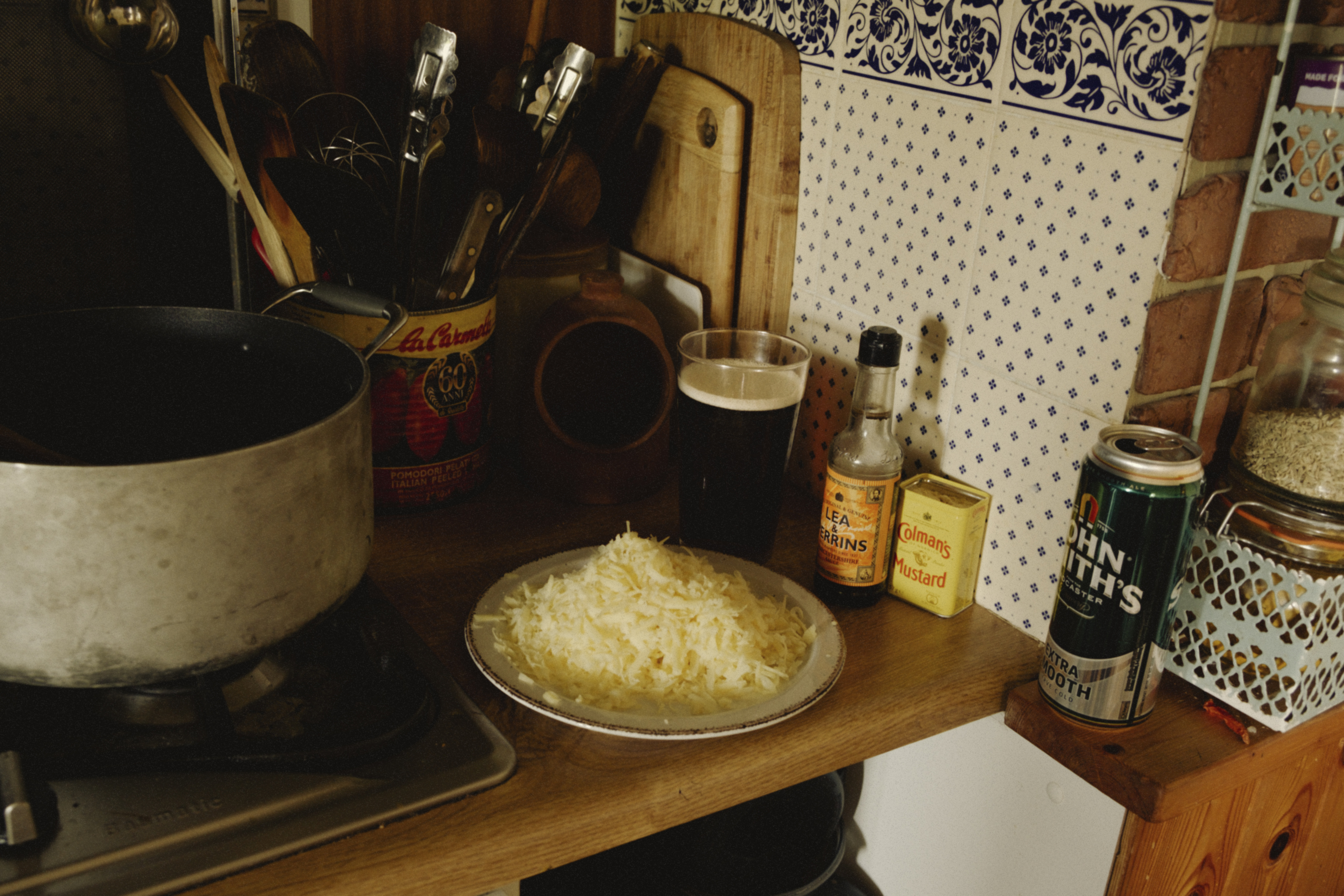
The cover design for the third volume of Studio Cookbook took inspiration from the Mediterranean way of eating, calling on ideas of Italian trattorias and old cookbooks battered from use; it’s dressed with expressive typography, evoking the movement of sharing plates around the dinner table. The recipes, meanwhile, are presented in something like scrapbook style, including sketches and screenshots – a creative mood board to inspire your next work-day meal.







